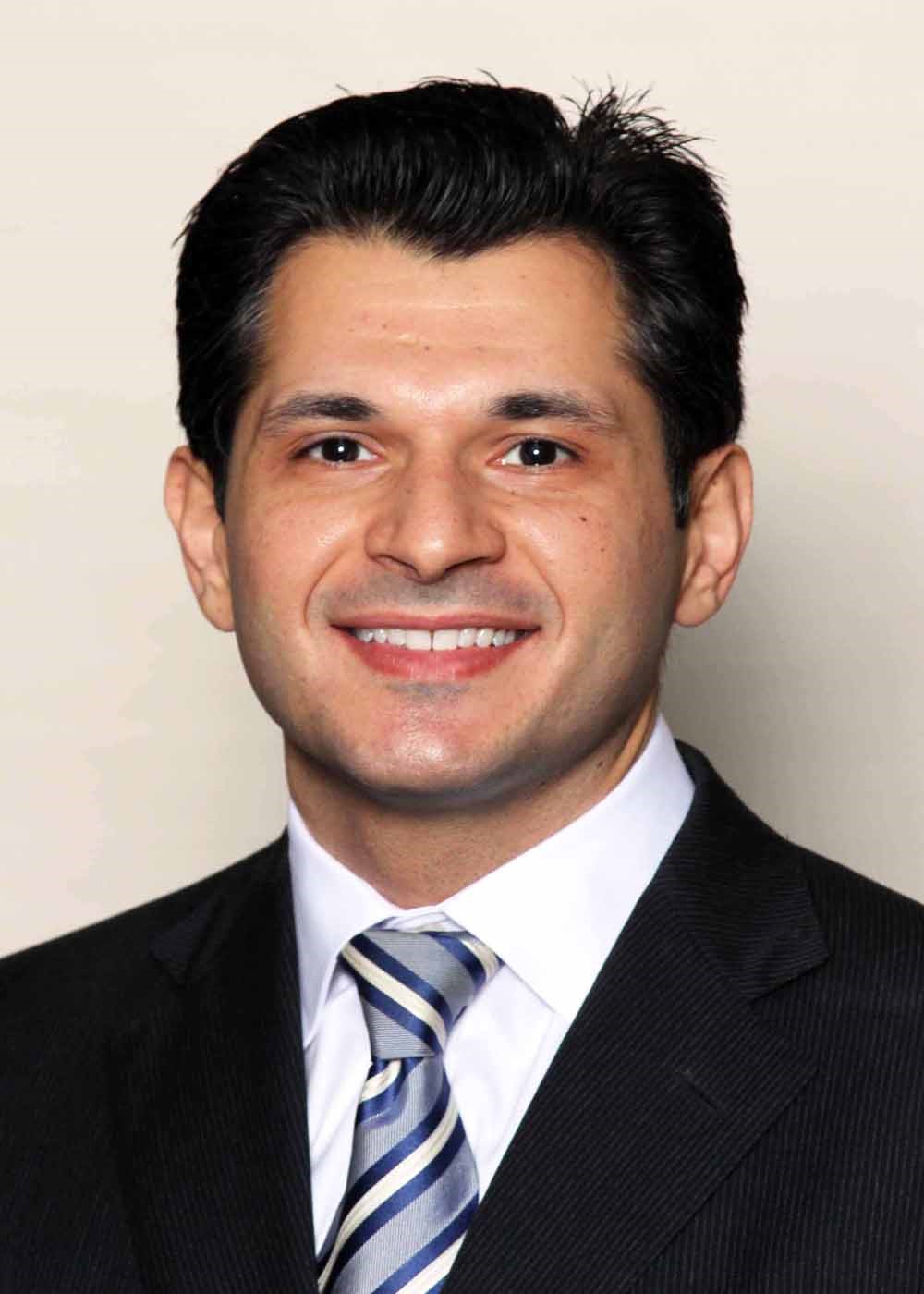Month: May 2022
Business Buyers Face Expanding Liability Risks
Business Buyers can find themselves with an unexpected, expensive surprise when a court makes them pay up for the Seller’s liabilities, especially employment law violations. A recent case expands the list of Seller liabilities that a Buyer could end up paying the bill for. Buyers should carefully plan to assess and mitigate those risks, especially if the Seller is experiencing financial difficulty.
Generally, the Buyer of a corporation’s assets does not assume the Seller’s corporate liabilities. But there are exceptions to the rule. The Supreme Court imposes successor liability on asset Buyers in employer-employee contexts. Specifically, a Buyer may be bound by a Seller’s collective bargaining agreement or liable for a seller’s unfair labor practices. Other Federal Courts have expanded the doctrine of successor liability to delinquent pension fund contributions under ERISA, the Fair Labor Standards Act (minimum wage and overtime), the Family and Medical Leave Act, and Title VII of the Civil Rights Act.
A court looks at two things before it imposes successor liability on a Buyer:
- the Buyer’s awareness of the Seller’s liability;
- a substantial continuity of identity in the business enterprise.
There are no hard and fast rules when it comes to evaluating substantial continuity. It depends on all the circumstances, but courts typically look at the similarity of the new business to the old, as well as the type of liability at question.
Recently, a Second Circuit Court was asked to expand the doctrine of successor liability to hold an asset buyer liable for its predecessor’s withdrawal liability under the Multiemployer Pension Plan Amendment Act (MPPAA). The MPPAA amended ERISA to provide that if an employer withdraws from a multiemployer plan, it is liable for its portion of unfunded vested benefits. This was adopted to reduce the burden on the plan and remaining participants, protect the financial solvency of multiemployer plans, and to ensure employees do not lose their retirement benefits.
In New York State Teamsters Conference Pension and Retirement Fund V. C&S Wholesale Grocers, Inc., 24 F.4th 163 (Jan. 27, 2022), the Defendant, C&S, bought most of the assets of Penn Traffic, a grocery wholesale business, excluding a warehouse in Syracuse and the warehouse employees who were members of the Plaintiff multiemployer union. Penn Traffic continued to operate the Syracuse warehouse and employ the Plaintiff union member employees. Penn Traffic went bankrupt and pulled out of the Plaintiff multiemployer pension plan, creating significant withdrawal liability. The Plaintiff sued to collect Penn Traffic’s withdrawal liability from C&S on the doctrine of successor liability. The Court easily found that an asset Buyer could be liable for a Seller’s withdrawal liability under the doctrine of successor liability. Because Federal Courts already used the successor liability doctrine to make Buyers pay for Sellers’ delinquent pension fund contributions under ERISA, the Court had no trouble expanding the reach of successor liability to include withdraw liability under the MPPAA. In the Court’s words:
The primary reason for making a successor responsible for its predecessor’s delinquent ERISA contributions is that, “absent the imposition of successor liability, present and future employer participants in the union pension plan will bear the burden of the predecessor’s failure to pay its share,” which will threaten the health of the plan while the successor reaps a windfall. That rationale applies with equal, if not greater, force to a predecessor’s MPPAA withdrawal liability.
But the case also contains good news for Buyers: the Court held that C&S could not be liable for Penn Traffic’s withdraw liability, because C&S did not buy the Syracuse warehouse and did not hire the employees who work there (the withdrawal liability related to those employees). Because C&S was not Penn Traffic’s successor to that business it was not on the hook for Penn Traffic’s withdraw liability.
Buyers should carefully investigate and assess employment related exposures as part of due diligence. And when risks pop up, Buyers should mitigate them appropriately. If the Teamsters opinion tells us anything, one way to do that is to carve out riskier business units altogether. Sometimes that’s not practical, and that’s when a quality legal team can help you control the risk.
For further information regarding these matters, please contact Kemp Klein.


Spring is a time of new beginnings and that is especially true for our firm.
After 26 years as Chairman and CEO of Kemp Klein, I will pass the proverbial baton to Brian Rolfe, our current President and COO. Effective June 1, 2022, Brian will become Chairman and CEO of Kemp Klein.
I will continue to practice law full time, as I have for 45 years, and be available to firm management for consultation and institutional memory.
Brian and I have worked together in a leadership capacity for four years. He has done a superb job as President and COO helping to recruit excellent attorneys and leading the firm’s strategic planning process. I am confident Brian will make a great CEO.
I appreciate the support I have received from our clients and colleagues over the years. It has been my pleasure to lead Kemp Klein.
Best Wishes,

I would like to thank Ralph for his outstanding leadership and remarkable commitment to Kemp Klein over the past 26 years as the Chairman and CEO of the firm. I have enjoyed and appreciated working with him over the past several years to help steer the firm into the future. Ralph’s singular focus on the best interests of Kemp Klein has been exemplary.
There is a lot to be excited about at Kemp Klein. In the past year, we have welcomed six dynamic attorneys to the firm, added two shareholders and expanded services to meet the needs of our ever-growing client roster. We will continue to build on the foundation of success that Ralph and our shareholders have established.
In addition to my role as Chairman and CEO, I will remain a practicing attorney. I look forward to serving our clients, attorneys, and staff as we grow into the future.




